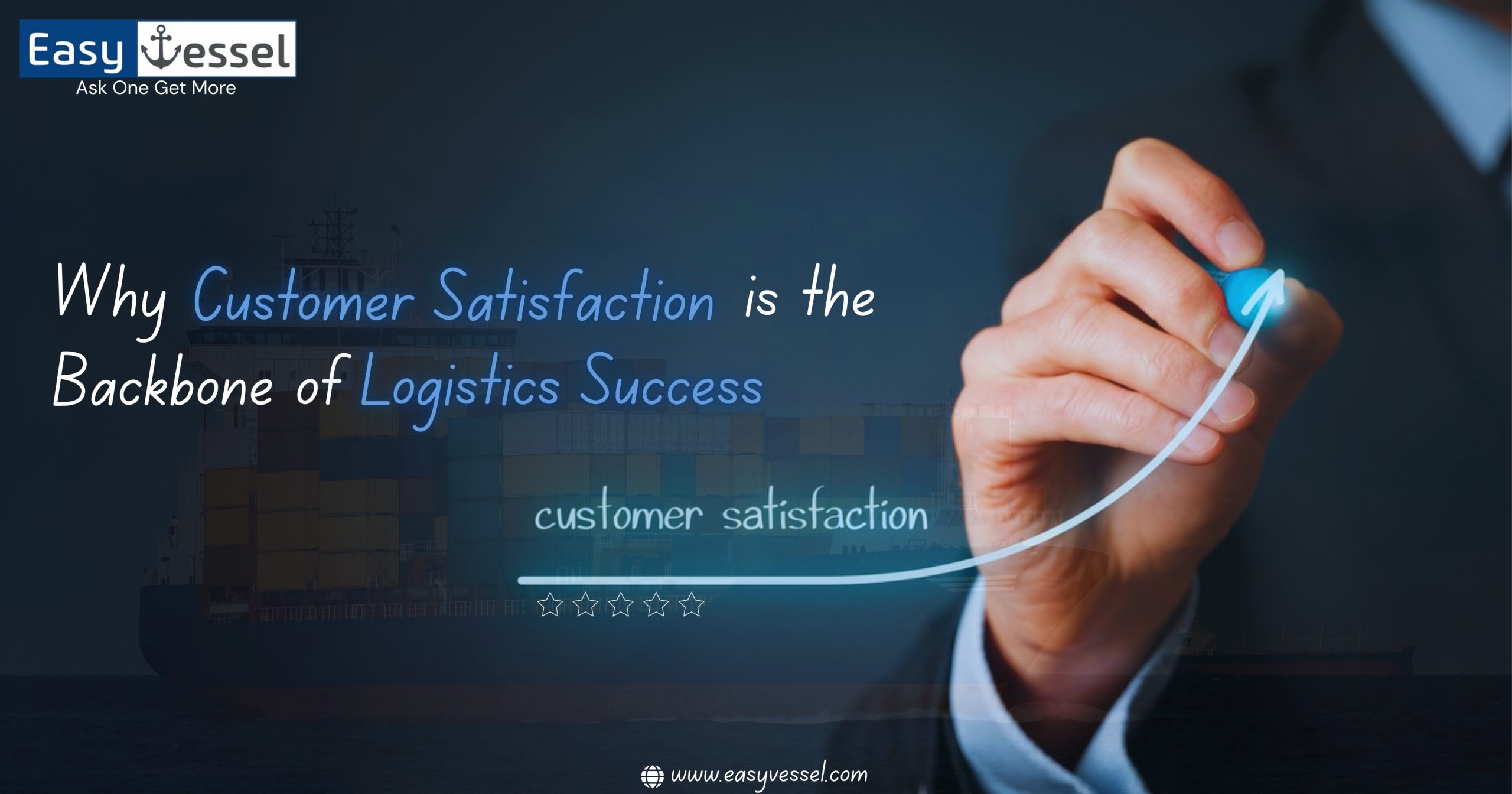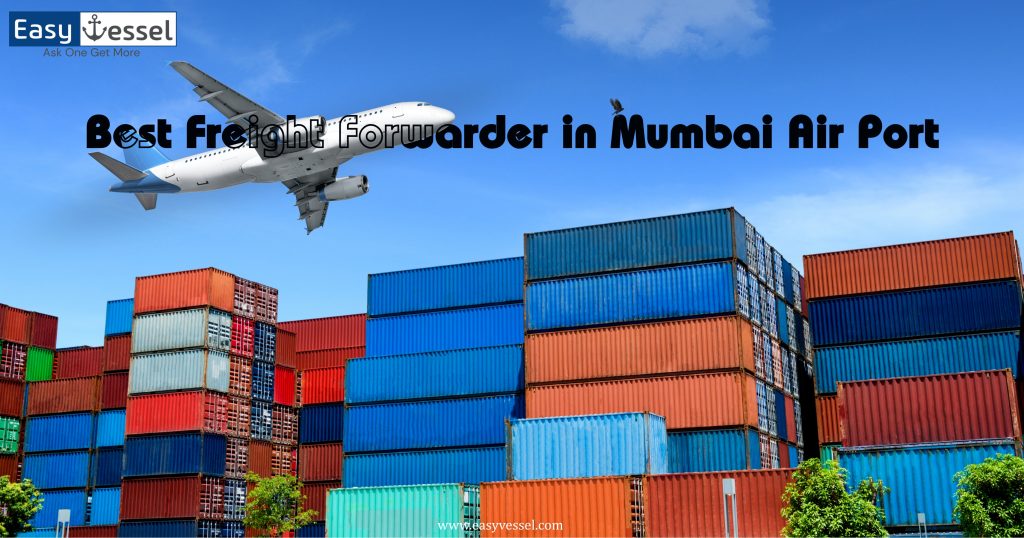In today’s fast-paced and interconnected world, the logistics industry plays a pivotal role in ensuring the seamless movement of goods across the globe. As businesses strive to meet increasing customer demands and navigate complex supply chains, customer satisfaction has never been more critical. For logistics companies, delivering exceptional customer experiences is not just a value-added service—it’s a fundamental component of operational success and long-term growth.
Understanding the Importance of Customer Satisfaction in Logistics
Customer satisfaction in the logistics sector encompasses more than just timely deliveries. It involves the entire customer journey, from the initial order placement to the final delivery and post-delivery support. Satisfied customers are more likely to become repeat clients, provide positive referrals, and contribute to a company’s reputation in a highly competitive market.
In the logistics industry, where service quality can vary significantly, prioritizing customer satisfaction can differentiate a logistics company from its competitors. It fosters trust, encourages loyalty, and ultimately drives business success.
The Role of Customer Service in Logistics Companies
Effective customer service is the cornerstone of customer satisfaction in logistics. It involves clear communication, proactive problem-solving, and meeting customer expectations. Logistics companies that invest in robust customer service frameworks are better equipped to handle inquiries, resolve issues promptly, and provide real-time updates, all of which contribute to a positive customer experience.
Moreover, exceptional customer service can mitigate the impact of unforeseen challenges, such as delays or disruptions, by keeping customers informed and engaged throughout the process. This transparency not only enhances satisfaction but also builds long-term relationships.
Key Factors Affecting Customer Satisfaction in Logistics Services
Several critical factors influence customer satisfaction with logistics services:
Timeliness of Deliveries:
Meeting or exceeding delivery timelines is essential. Delays can erode trust and satisfaction. Customers increasingly expect same-day or next-day delivery, making punctuality a competitive advantage. Logistics providers that consistently meet deadlines enhance customer loyalty and reduce churn risk.
Accuracy and Reliability:
Ensuring the correct products are delivered in good condition is fundamental to customer satisfaction. Mistakes such as incorrect or damaged items can lead to costly returns and reputational damage. High accuracy rates reflect operational efficiency and reinforce the reliability of the logistics service provider.
Communication and Transparency
Real-time updates and clear communication throughout the delivery process help manage customer expectations. Customers appreciate being informed about delays, schedule changes, or delivery confirmations. Transparent communication fosters trust and minimizes frustration, even when issues arise.
Flexibility and Responsiveness
Adapting to customer needs and addressing issues promptly demonstrates a commitment to service excellence. Flexibility might involve accommodating last-minute changes or offering multiple delivery options. A responsive logistics provider builds long-term relationships by showing customers their concerns are heard and addressed quickly.
Cost-Effectiveness
Offering competitive pricing without compromising service quality is a balancing act that can significantly impact customer satisfaction. Customers are drawn to value — not just low prices but the overall efficiency and reliability they receive. Streamlined operations and intelligent resource management allow logistics companies to maintain quality while staying cost-effective.
Logistics Challenges Impacting Customer Satisfaction
The logistics industry faces numerous challenges that can affect customer satisfaction:
- Supply Chain Disruptions: Natural disasters, pandemics, or geopolitical tensions can disrupt supply chains, leading to delays and increased costs.
- Technological Limitations: Outdated systems can hinder real-time tracking and communication, affecting transparency and efficiency.
- Regulatory Compliance: Navigating complex international regulations can cause delays and complications in cross-border logistics.
- Rising Cargo Ship Costs: Fluctuations in shipping costs can impact pricing strategies and customer expectations.
Addressing these challenges requires a proactive approach, leveraging technology, and maintaining open lines of communication with customers.
Read More: Automotive Logistics: Key Challenges, Solutions & What’s Next
Strategies to Improve Customer Satisfaction in Logistics
To enhance customer satisfaction, logistics service providers can implement the following strategies:
Invest in Technology
Utilize advanced tracking systems and automation to provide real-time updates and streamline operations. Technology enhances transparency, reduces human error, and improves delivery efficiency.
Enhance Communication
Establish multiple channels for customer interaction, including chatbots, email, and phone support, to address inquiries promptly. Effective communication ensures that customers feel supported and valued throughout the logistics process.
Personalize Services
Tailor logistics solutions to meet specific customer needs, offering flexible delivery options and customized services. Understanding the unique demands of each client allows logistics companies to exceed expectations.
Monitor Performance Metrics
Regularly assess key performance indicators (KPIs) such as on-time delivery rates and customer feedback to identify areas for improvement. Data-driven decision-making helps proactively resolve issues before they escalate.
Train Staff
Ensure that all employees are trained in customer service best practices and understand the importance of their role in customer satisfaction. A well-trained workforce is more confident, efficient, and capable of handling diverse logistics challenges.
Measuring Customer Satisfaction in the Logistics Industry
Quantifying customer satisfaction is vital for continuous improvement. Logistics companies can employ various methods:
- Customer Surveys: Gather feedback on service quality, delivery times, and overall satisfaction.
- Net Promoter Score (NPS): Measure customer loyalty by assessing the likelihood of customers recommending the service to others.
- Customer Retention Rates: Analyze repeat business to gauge satisfaction levels.
- Complaint and Resolution Tracking: Monitor the number and nature of complaints and the effectiveness of resolutions.
Analyzing these metrics helps logistics companies proactively identify trends, address issues, and enhance service quality.
The Impact of Customer Satisfaction on Logistics Company Success
High levels of customer satisfaction can lead to numerous benefits for logistics companies:
- Increased Customer Loyalty: Satisfied customers are likely to continue using the company’s services. Loyal customers provide consistent business and are less sensitive to price changes.
- Positive Word-of-mouth: Happy customers often share their experiences, attracting new clients. Online reviews and social media mentions can significantly influence buying decisions in today’s digital age.
- Competitive Advantage: Superior customer service can differentiate a company in a crowded market. When logistics companies go above and beyond to meet customer needs, they stand out from competitors offering similar services.
- Revenue Growth: Repeat business and referrals contribute to increased sales and profitability. Customer satisfaction directly impacts the bottom line by reducing churn and increasing upsell opportunities.
Logistics companies can build a strong reputation and achieve sustainable growth by prioritizing customer satisfaction.
Conclusion: Partnering with EasyVessel for Exceptional Logistics Services
In the dynamic logistics industry, customer satisfaction is not just a goal—it’s the backbone of success. Logistics companies that prioritize customer needs, invest in technology, and foster transparent communication are better positioned to thrive in a competitive landscape.
For businesses seeking a reliable logistics service provider committed to excellence, EasyVessel stands out as a trusted partner. With a focus on customer satisfaction, innovative solutions, and a dedicated team, EasyVessel ensures that your logistics needs are met with precision and care.
Choose EasyVessel to navigate the complexities of logistics with confidence and efficiency.
Reference:
Customer satisfaction by Wikipedia[1].
Frequently Asked Questions
Customer satisfaction means consistently meeting or exceeding customer expectations through reliable service, timely deliveries, and effective communication.
Customer satisfaction is essential because it drives loyalty, repeat business, and positive referrals, giving a company a competitive edge in the market.
In logistics, customer satisfaction refers to how well a company fulfills delivery promises, ensures product accuracy, and communicates clearly throughout the shipping process.
Key factors include delivery timeliness, accuracy of shipments, communication quality, service flexibility, and overall cost-effectiveness.
By investing in technology, training staff, personalizing services, monitoring performance, and maintaining transparent communication with customers.



